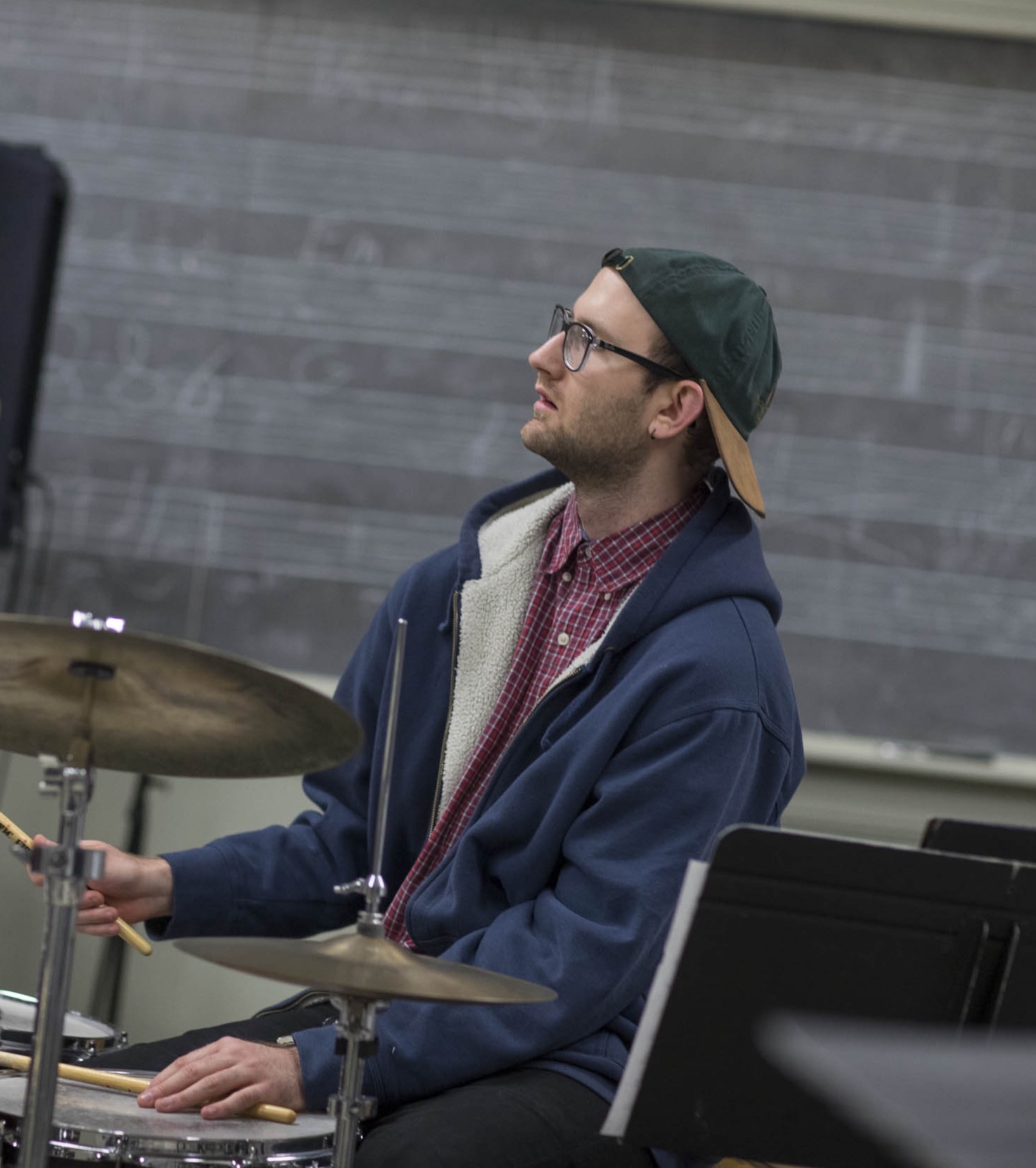Rami Toubia Stucky graduated with his PhD in 2022 from the Department of Music. His dissertation looked at the arrival of bossa nova, a style of music created in Brazil during the late 1950s, to the United States during the 1960s. Rami utilized the Propose Your Own option of the PhD+ Internship Program and interned with the American Spaces department of the US State Department.
Q. What are your post-PhD career aspirations?
I want to be a tenure track professor.
Q. Please summarize your PhD Plus internship
American Spaces are locations around the world built and sponsored by the State Department where Americans and foreign citizens alike can go to access internet, books, and general programming (like a library and a performance space all in one.) I am indebted to my mentor, Lynne Scheib, who quickly recognized my interests and was able to accommodate me and welcome me as a colleague.
One of the main projects I undertook was making a podcast about Josephine Baker, the famous American-born civil rights activist, artist, member of the French Resistance, who was being reinterred by the French Panthéon while I was doing my internship. My mentor and I got together with another colleague working in the American Spaces department, a French diplomat who received a Transatlantic Fellowship, and began thinking of a way to commemorate this incredible woman as well as chart the larger history of African American music within France. I interviewed an academic who had recently written a book on the subject and worked towards making a short 20-minute podcast about African American music and culture in France.
Q. What professional skills did you develop during your internship?
Working on the podcast, interviewing, and audio editing introduced me to the various mediums of public engagement. The State Department’s messaging is always deliberate and careful. They have a specific audience in mind. They need to be diplomatic. Their purpose and goals are clear and of immense importance. I found it humbling to work within these conditions and quickly learned that the way I craft a story about Josephine Baker for the State Department might not be how I craft a story about Josephine Baker for an academic article.
Q. How did the internship support your career development?
I met several wonderful people working at my internship who all expressed a desire to help me in my career goals, whether those goals are related to the Department or teaching within a university. It also alerted me to opportunities that I have since pursued. Since working on the podcast, I applied to the National Humanities Center's 2022 Podcasting Institute and learned more about podcasting form and technique.
Q. What advice would you give peers on utilizing PhD Plus internships for career development?
Sometimes people who run internships know exactly what they want their interns to do; other times internship supervisors do not know what they want out of their interns. I recommend that, particularly if you feel like you're in the latter situation, crafting the internship in your own image. Podcasting was not on the radar when I began my first day, but through frequent meetings with my mentor, we were able to sculpt some projects that were specific to my skills, interests, and career goals.

